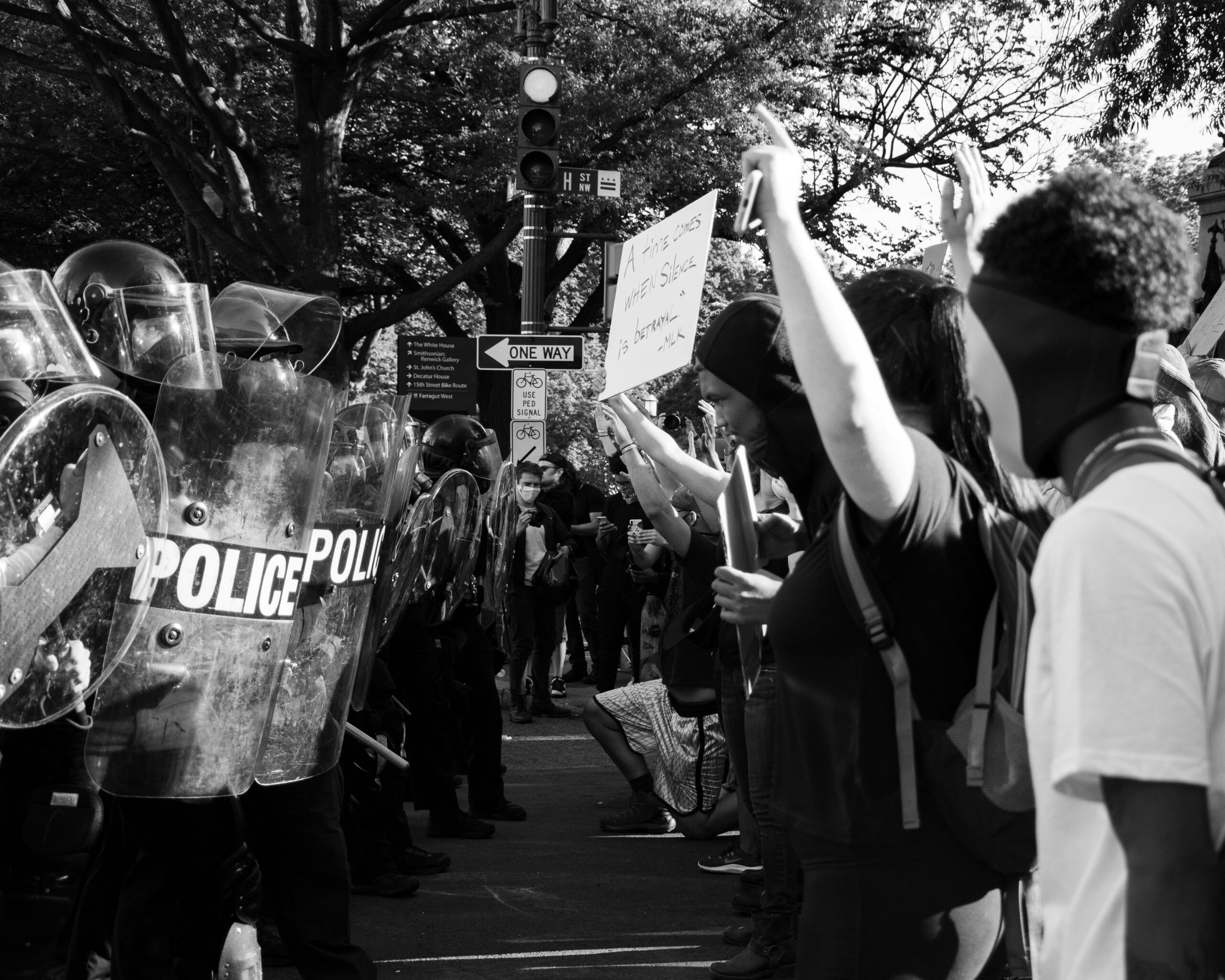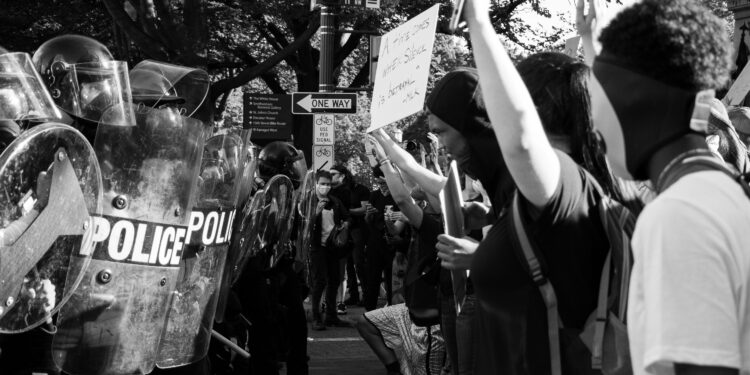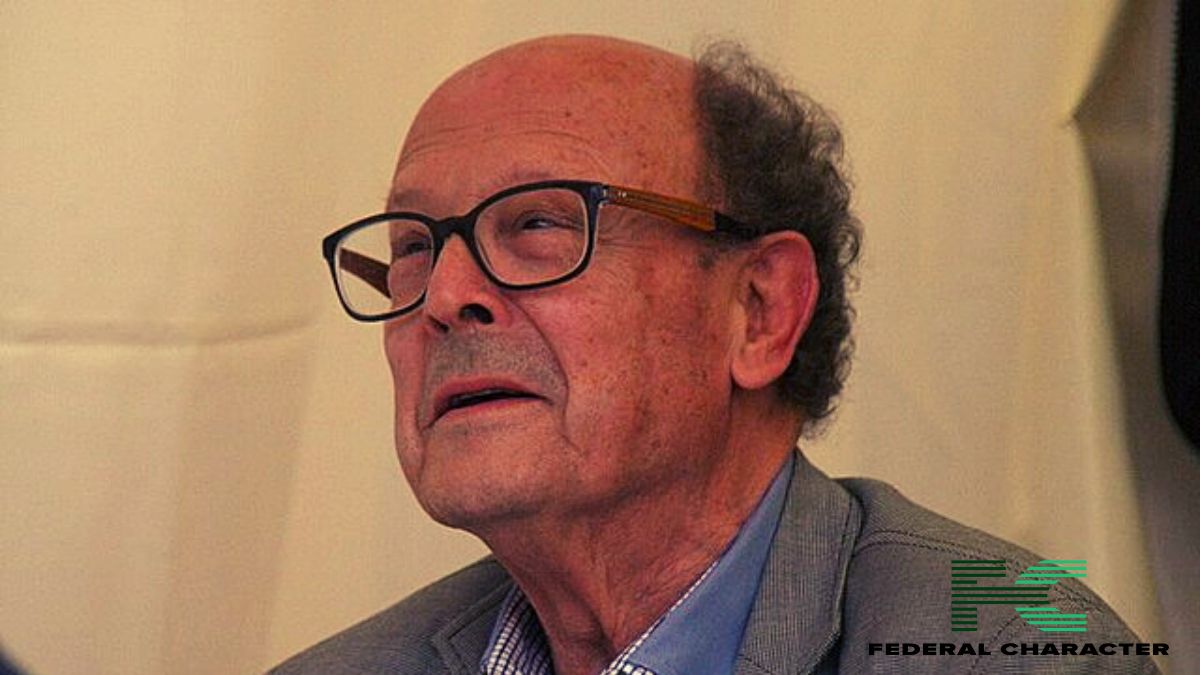Thousands of people had stormed Georgia’s parliament in Tbilisi on Monday to protest the governing party win in an election that was fraught by reports of voting irregularities, prompting Western powers to call for investigations.
Some of the protesters had carried anti-Russia banners, saying that the parliamentary election was a crucial choice for the country’s future. On one side, the Georgian Dream party has strengthened its ties with Russia, while the opposition said it was committed to fast-tracking integration with Europe.
Although Georgia has applied for EU membership, its candidate status remains frozen over legislation on foreign agents.

The protesters had projected the word “stolen” onto the front of a Soviet-era parliament building in Tbilisi, the South Caucasus country’s capital, but at the time of filing this report, there have been no clashes between them and the police.
The Georgian Dream, the current leading party had come into power in 2012, clinching almost 54% of the vote in Saturday’s election, according to the election commission.
The four main opposition parties that won seats in parliament have said they did not recognise the results, and that they would reject the chamber.
President Salome Zourabichvili had even urged the aggrieved citizens to take to the streets after the results were announced.
In his words;
“You did not lose the elections. Your vote was stolen, and they tried to steal your future as well.”
Meanwhile, monitors from the Organization for Security and Co-operation in Europe have said they registered incidents of vote-buying, voter intimidation and ballot-stuffing that could have influenced the outcome, but they hadn’t outrightly said that the election was rigged.
As it stands, the election result poses a challenge to the European Union’s ambition to expand by bringing in more former Soviet states.
The European Union and NATO have called for a full investigation of what the Western military alliance has called an “uneven playing field” in the election.
Additionally, the United States has been in talks with European partners on what would be an appropriate body to investigate the reports of election violations, according to State Department spokesperson, Matthew Miller.
Washington has issued sanctions and visa bans against ruling party officials and far-right activists in Georgia, even before the elections, but it has said it could take action if the government refuses to heed calls to “walk back its anti-democratic actions and return to its Euro-Atlantic path,” Miller further added.
“We do not rule out further consequences if the Georgian government’s direction does not change,” Miller concluded, without listing the potential consequences.

















